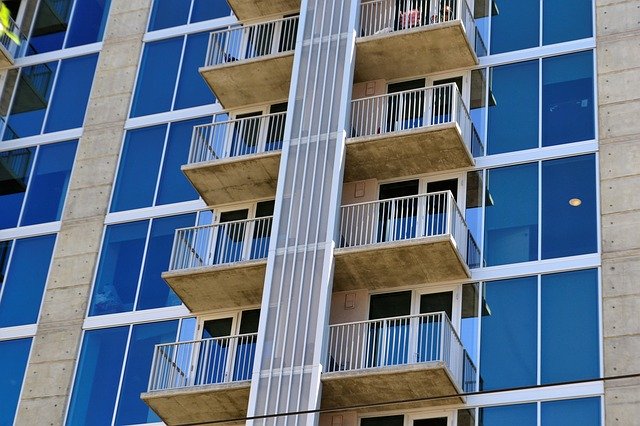
Navigating your way through commercial property transactions can be challenging, unless you have done a lot of homework. Take the time to read this article.
To prepare for any sizable investment in commercial real estate, investigate indicators of fiscal health around the property in question, such as average income levels for nearby residents, rates of employment and unemployment, and whether jobs in the area are rising or falling. A home that is in a great area, like next to good schools and parks, and has jobs available, will have a higher value than surrounding properties.
Residential property transactions are much less intricate and protracted than are commercial transactions. Remember that the time and efforts you are investing will pay off.
Make sure to negotiate whether you’re the seller or buyer. It is important that your concerns and opinions are heard and recognized by the other parties; you must always put forth the effort to ensure fair pricing for the commercial property.
You should learn how to calculate the (NOI) Net Operating Income of your commercial property. As long as you get positive numbers, you will be successful.
Ensure there is adequate access to utilities on the commercial property. You’ll need to have quick access to water, electricity, gas and the sewer.
Affluent Neighborhood
If you are considering purchasing a piece of property, be sure to investigate what the area’s unemployment rates, income levels and average property values are. Your house will sell more quickly and at a higher value if it is near a university, hospital or any large employment center.
When you are looking at a commercial property, be sure to look at the neighborhood, too. Buying property in an affluent neighborhood is likely to mean that any business which opens there will be successful thanks to having a clientele with a large disposable income. If the service you offer would appeal to less affluent people, you should not set up your business in an affluent neighborhood.
Before placing your commercial property on the market, you should take the time to have it inspected by a professional inspector. Repair any problems that the inspector finds immediately.
Make sure that you explicitly welcome both local and non-local buyers when you sell a piece of commercial property. Do not assume that only local investors will be interested. Many private investors are interested in cheap or affordable properties in other areas of the country or world.
Figure pest control into your rented or leased commercial real estate property costs. Especially when you rent in an area known to be infested by bugs or rodents, ask your rental agent about pest control policies.
Smaller Issues
A letter of intent should be kept simple by focusing on larger issues and leaving smaller issues to negotiate later. The initial negotiations will be less tense and the smaller issues will seem less important later.
Make a checklist to compare details when looking at several properties. Be sure to take the initial proposal responses, but do not proceed without making the property owners aware of what is going on. Do not be afraid to let it slip to the owners that there are other properties that you are considering. You may even get a more favorable deal!
When dealing with commercial properties location is everything. Think about the type of neighborhood the property is in. You will also want to calculate growth expectations by comparing similar neighborhoods. You’ll want to choose an area that is on the upswing and will continue growing for at least a decade into the future.
The article you just read contains a lot of useful tips you can use when buying or selling commercial property. Take what you’ve learned here to heart, and continue to learn as much as you can about the real estate market.
Sorry, the comment form is closed at this time.